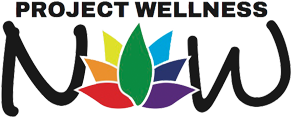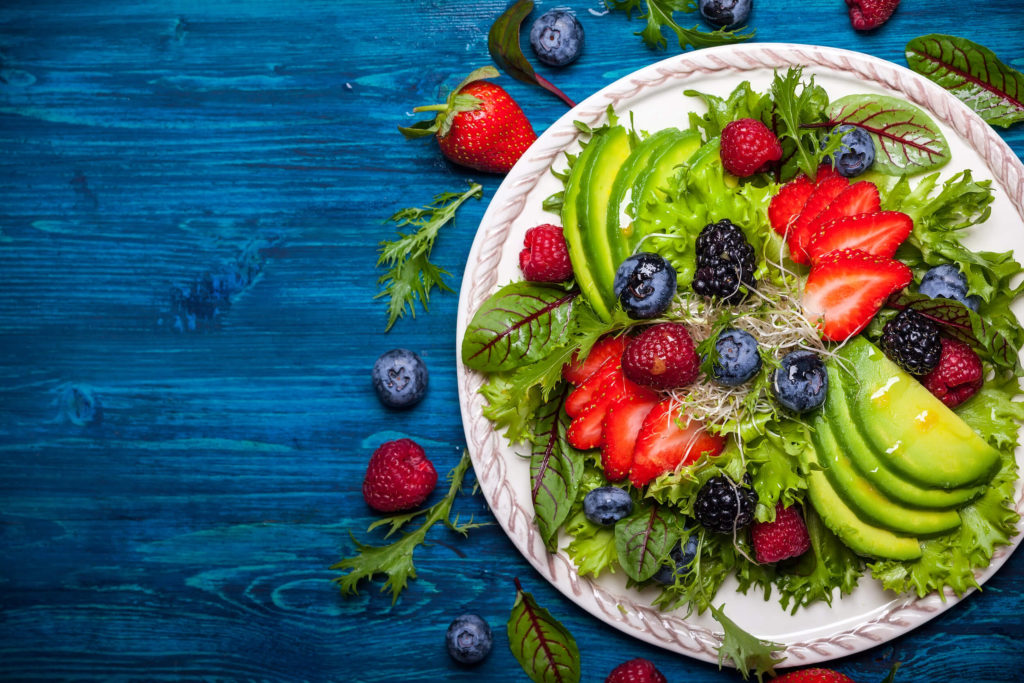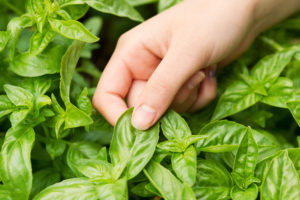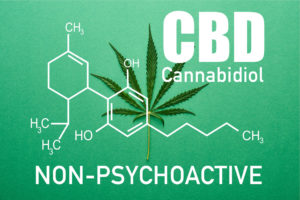By Sofia and Ivan
Grounded in ancient spiritual practices and supported by the most up-to-date scientific research, compassionate earthlings describe a sense of inner peace and well being, better health and a sense of social and environmental balance.
Why and how is it possible to feel that way?
How we eat is deeply connected with how we feel and how we think. Compassionate, conscious or mindful eating is knowing that our choices affect both our own health, other people and animals and, consequently, the wellness of the present and future of the planet.
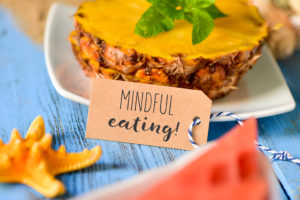
For some people, eating is almost an automatic act, undertaken without thought. For others it is an act that causes immense suffering, an act that destroys rather than nourishes. Eating can also be something to be dominated and controlled. Compassionate eating is about “working with, instead of against, our need to eat, in a non-violent, nurturing way”.
Compassionate eating brings emotional and physical balance to our lives because it is the act of eating according to our natural wisdom, naturally in harmony with life.

“Conscious Eating has been referred to as the “Bible of Vegetarians,” for both beginners and advanced students of health.“
Conscious eating is a way of preventing the suffering that can occur with disengaged, disconnected eating. Entails being consciously aware of our thoughts, emotions, and senses as they pertain to food and eating, and empowers us to use our choice. Also involves connection and awareness with the origins and consequences of our choices, and engagement with our thoughts, senses and feelings as we eat. When eating is made consciously, we allow ourselves to nurture at many interconnected levels.
Significant research on human health, world hunger, food and fuel shortages and climate change support a compassionate plant-based diet, mostly composed of unprocessed whole foods.
With global populations predicted to surge towards a 9.1 billion people by 2050, a United Nations (UN) report cited that modern western diets rich in meat and dairy products are unsustainable.
The report states that modern-day agriculture, particularly meat and dairy products, accounts for:
• 70% of global freshwater consumption
• 38% of the total land use
• 19% of the world’s greenhouse gas emissions
Additionally, confronting the general acceptance of human speciesism, the Cambridge Declaration of Consciousness signed in 2012, stated that non humans animals are conscious sentient beings. This brings into question the unethical and cruel methods used to provide meat and dairy supply.
This is also further enhanced by one of the marketing consultants to the food industry Kate Cooper who states that “the job of a food marketer is to get you to believe what is on the label”. From terms like “Farm fresh”, “Free Range” and “100% natural” it is possible to hide the reality of farms, which are more similar to “concentrated animal feeding operations”, says Kate Cooper.
The food marketers job is to focus on the progress that has been achieved by the product, where the term of “intensive farming” is transformed into a term that will be used on the label as “strive to optimize”. This is to make you feel more comfortable about your purchase. Also, already hidden from the general public knowledge that 50% of the worlds antibiotics are used on farm animals, and in order to portray human progress and safety, the professional marketers have spun this into “As farming has become more efficient veterinarians have incorporated new technologies and methods into their practices”, which is indeed seen by the consumer as progress. And the final secret to this marketing practice is “You”. You allow the marketer to create a sale based on an uninformed decision if you don’t question where, and how the final product came from.
In a very natural and demythologized way, and knowing that research encompasses all the major global challenges of our times, the realization that the choices we make when shopping, preparing, and eating food, or even growing our own food, have such an interconnected impact, gives us the opportunity to appreciate life, to engage in the act of eating as a deeply meaningful and nourishing experience, and to act in ways that are congruent with some of the best values in life: honesty, compassion, justice, equality, creativity, and respect.
A lifestyle and diet that is congruent with our best human virtues and values is composed of ethically sourced, sustainable foods that cause the least harm and do the most good personally, socially, and environmentally. A plant-based diet is scientifically validated as being appropriate and healthy for all stages of life.
There is also the added benefit of conscious, mindful eating that can make us more compassionate, calm and loving. Realizing that all humans and non humans are interconnected gives birth to an ecological consciousness. A plant based diet reduces your ecological footprint which will have profound effects on the planet and the future of all living beings.
Developing the skill of compassionate eating and putting into our daily lives is an extremely self-empowering act that increases our sense of self-efficacy, interconnectedness and belonging in this world.
Still hungry for change?
We would like to share with you our top five sources of knowledge that will inspire you to start a compassionate eating lifestyle.
We are Sofia and Ivan and it is because of the combined years of expertise in the fields of Psychology, Hypnotherapy, Graphic Design, Art, Meditation, Sound Massage and Reiki, that we are creating a project that promotes a truly life-affirming, resilient, creative and sustainable future through the implementation of an ecological consciousness. Values of respect, love and care for all living beings and the planet as well as a collaborative approach, inspired us to participate in community based work in the areas of animal rights, permaculture and gift economy.
Resources:
Beyond carnism and toward rational, authentic food choices | Melanie Joy | TEDxMünchen
https://www.youtube.com/watch?v=o0VrZPBskpg
eTalks – The Secrets of Food Marketing | Kate Cooper
https://www.youtube.com/watch?v=mKTORFmMycQ
Cowspiracy Documentary
http://www.cowspiracy.com/
Forks Over Knives Documentary
http://www.forksoverknives.com/the-film/
YOU MAY ALSO LIKE:
HOLY BASIL HEALTH BENEFITS
Holy basil, also known in some circles as tulsi (you will learn why in a moment), is gaining in popularity as…
DEBUNKING CBD OIL MYTHS
Our body is regularly looking to achieve balance whether it’s our hormones, sugar response, temperature, or inflammation. The Endocannabinoid System (ECS),…
THE LOWDOWN ON FATIGUE: SOME THINGS THAT MAY SURPRISE YOU (PART 1)
Most of us have experienced periods of fatigue: of feeling listless, tired, and low-energy, in a way that affects both our…
USING RHODIOLA TO MANAGE STRESS
By Dr. Edward Group DC, NP, DACBN, DCBCN, DABFM For more from Dr. Group CLICK HERE Mental wellness is the cornerstone…
CROOKED TEETH IN CHILDREN? HERE IS WHAT YOU CAN DO
By Emily Taylor When children lose their first few teeth, it can be a very exciting time for them, but it is…
IS MORINGA REALLY A “MIRACLE TREE”?
Moringa Oleifera is one of the most commonly cultivated species of the Moringaceae family. It’s also known as the drumstick tree…
